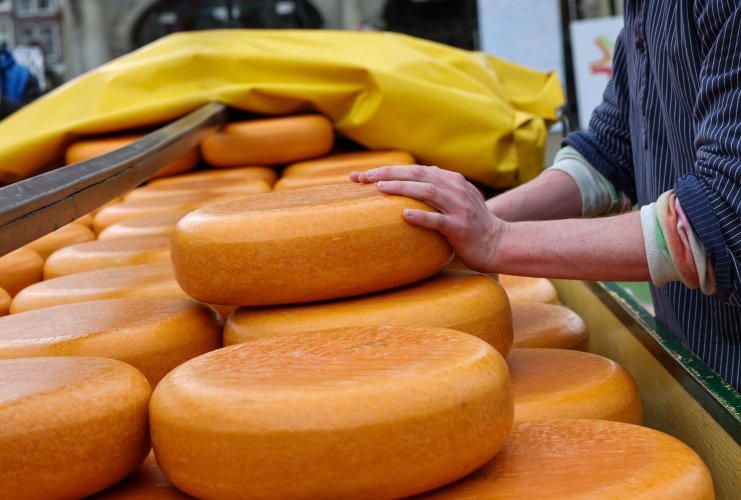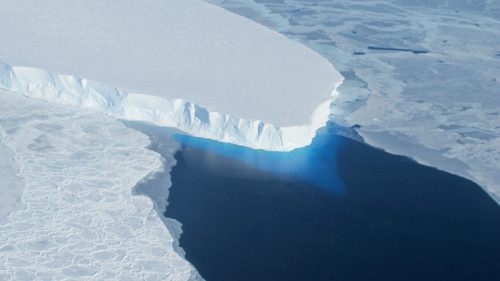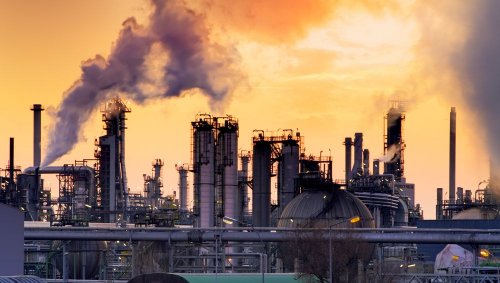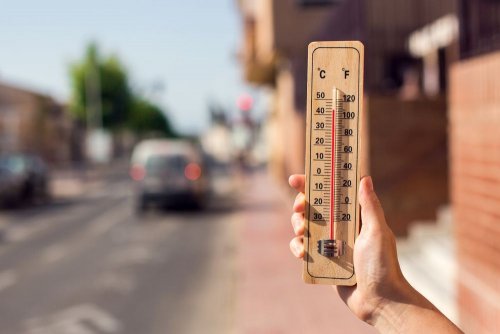Extreme weather conditions can lead to the disappearance of traditional products and cause a decline in the gastronomic culture of a number of countries. Among the candidates for oblivion, experts name Dutch gouda cheese and Dijon mustard.
This was reported by the Euronews agency.
- Gouda cheese.
The Dutch city of Gouda has always been vulnerable to flooding due to its low sea level, but it is at increasing risk of flooding caused by climate change. Professor Jan Rothmans of Erasmus University Rotterdam said that in 100 years' time, we should not expect significant cheese production in this city.
“If the land turns to water and cows disappear, cheese will have to be brought from the eastern part of the country, and it will not be gouda anymore,” the professor said.
- Mussels.
In Greece, mussels are expected to disappear from traditional cuisine. This year, Greek farmers reported a 90% drop in mussel catches for the season. This is a consequence of the heat in the main mussel-growing area – the Thessaloniki Bay. The water temperature in the sea exceeded 30°C for several days, which led to their death.
- White truffles.
In the north of Italy, white truffles are under threat of extinction, which are included in the intangible heritage of UNESCO in 2021. These fungi prefer cold and wet conditions and their natural habitat is being weakened by global warming, drought, deforestation and extreme temperature changes.
- Dijon mustard.
Two years ago, France made headlines due to an unexpected shortage of Dijon mustard. It has run out in supermarkets and retailers have limited customers to one jar. The shortage was caused by a dry summer in Canada, which produces about 80% of the world's mustard. In 2022, the Canadian crop was destroyed by drought, and mustard crops in France suffered from an abnormally wet winter.
- Сhickpeas
Researchers at the Royal Botanic Gardens, Kew, estimate global chickpea crop losses due to drought to be 50%. This will cause a shortage of this crop in Turkey, where it is widely used in traditional meze and many other main dishes. The chickpea harvest in 2024 was significantly lower than last year. Scientists note that chickpeas have lost their genetic diversity because they were bred for crops and have less resistance to extreme weather events.
- Salmon.
Traditional Scandinavian foods include gravlax (dried salmon), but this fish is increasingly under threat from climate change. Harsh winters, El Niño climatic events, and a 20-year high in jellyfish attacks (which can be attributed to changes in their behavior due to rising sea temperatures) have led to fish mortality off the Norwegian coast reaching record highs. Peak high temperatures and warmer water also increase the threat of sea lice, and vaccines against them cause stress in fish, leading to their deaths.
In Belgium, which is known for the invention of French fries, farmers are suffering from the effects of climate change on potato crops. In 2024, due to heavy rains, Belgian potato fields were flooded and only 50% of the harvest was harvested on time.
Earlier, Ecopolitic reported that Switzerland and Italy were forced to move part of their common border due to climate change. In November, at the 29th UN Conference of the Parties on Climate Change (COP29), analysts showed the current state of the climate in 8 diagrams.





